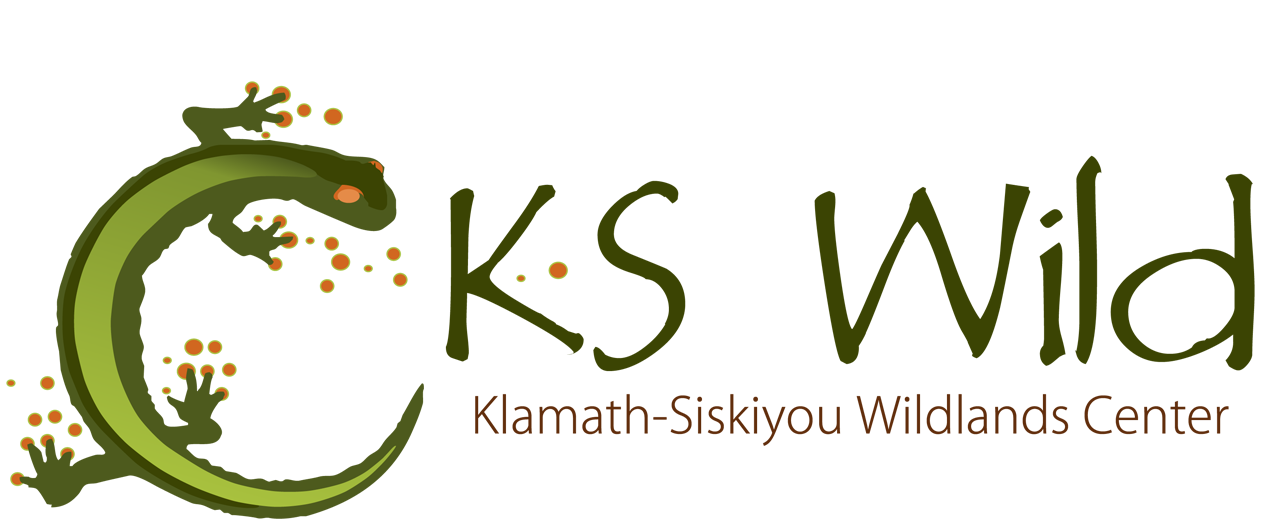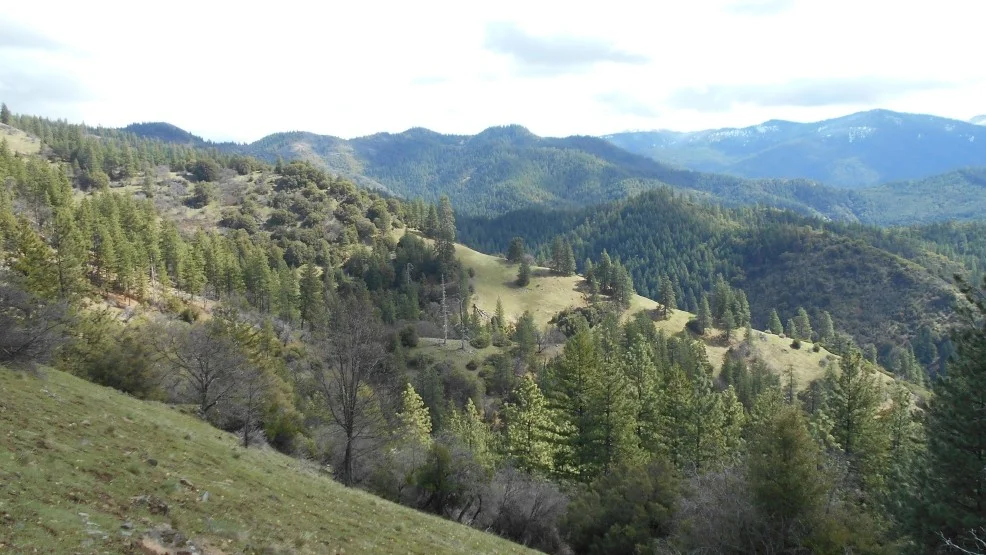The Klamath National Forest intends to remove 200-400 year-old trees and snags from the landscape to make room for dense timber plantations that offer sparse value to the forest ecology.
Read MoreA forest after fire is not a tragedy; it’s simply a stage in the life of the forest. Post-fire logging is often framed as focused on fire prevention. In reality, important biological characteristics are removed from post-fire forests. Because of this, salvage logging acts as an unnatural human disturbance to the sensitive post fire landscape.
Read MoreFire is so important to the world-renown forest diversity of the Klamath-Siskiyou that it is recognized as the keystone ecological process. Here in the KS, forests with fire are healthy forests!
Read More
Looking for an early spring antidote to cabin fever? The Little Grayback Mountain trail may be just the ticket.
Read MoreEnvironmental stewards can operate in a variety of ways: as practitioners, donors, and doers. Our staff works hard each day as practitioners, working directly with government agencies and stakeholders to promote best practices in the management of our public lands. Foundations and community members serve as vital donors, providing financial support for our work. The doers are all of you—KS Wild members, volunteers, interns, and partners—who take part in our work, voice your support for public lands, or even just get out on a hike.
Read MoreWhile most Americans cherish the idea that public lands belong to and benefit all of us, corporate timber, mining and grazing interests have long sought to privatize public lands in order to maximize profits to their respective industries. While subsidized logging, mining and grazing occur on the vast majority of public lands, these extremists bristle at the idea of there being any rules regarding their exploitation of our forests and rivers.
Read More





